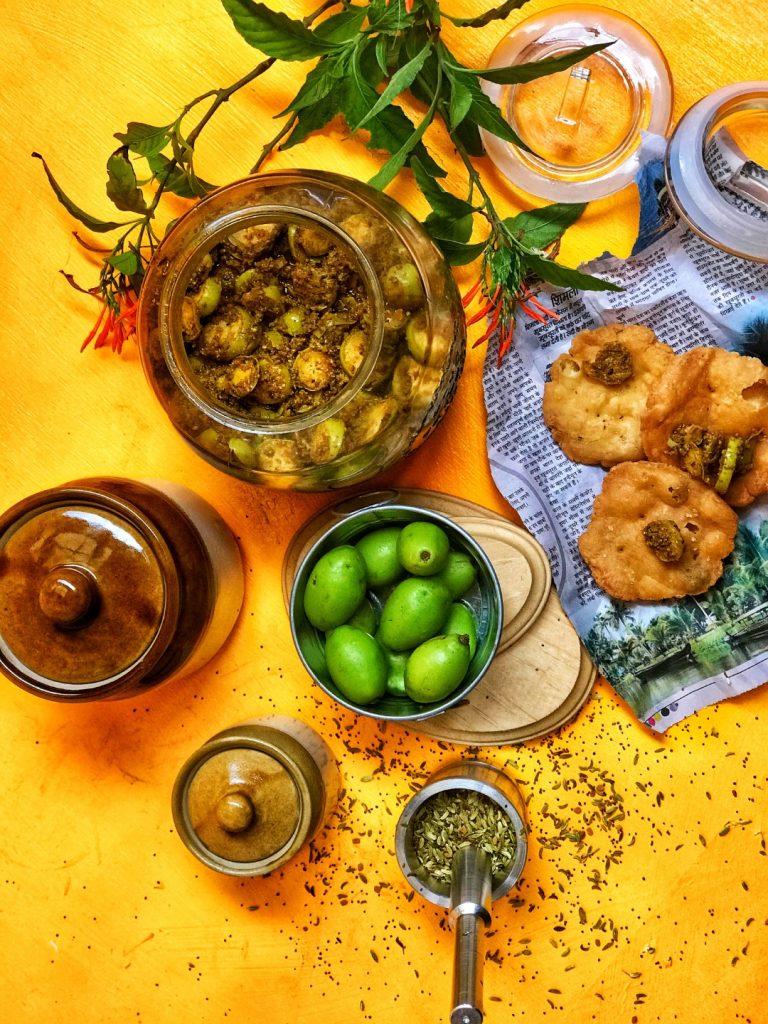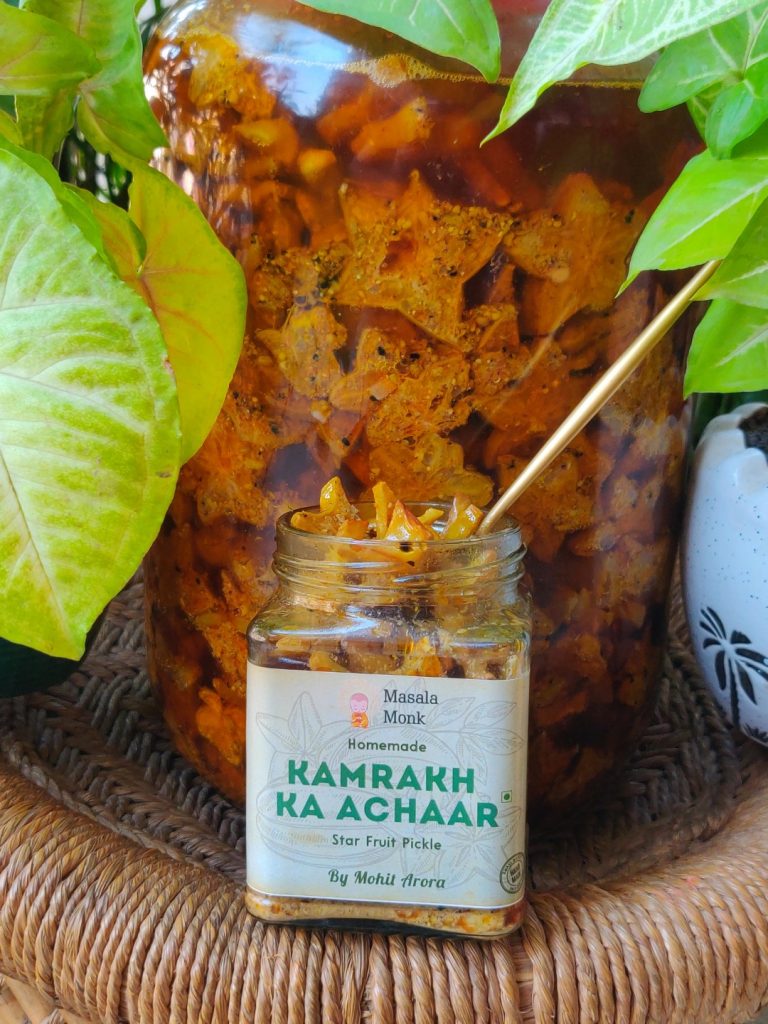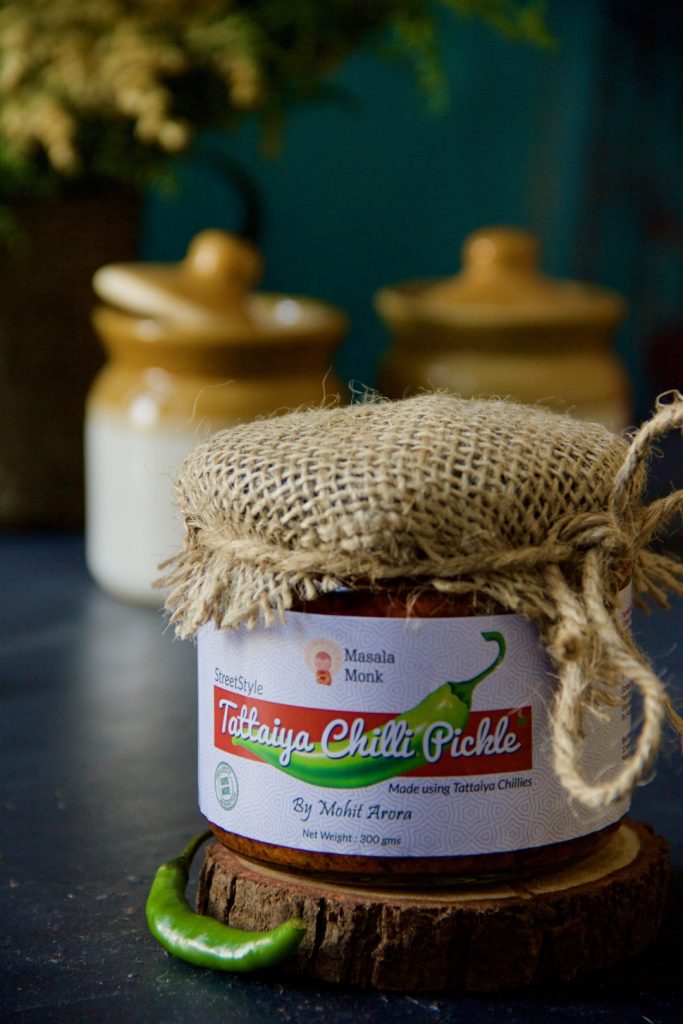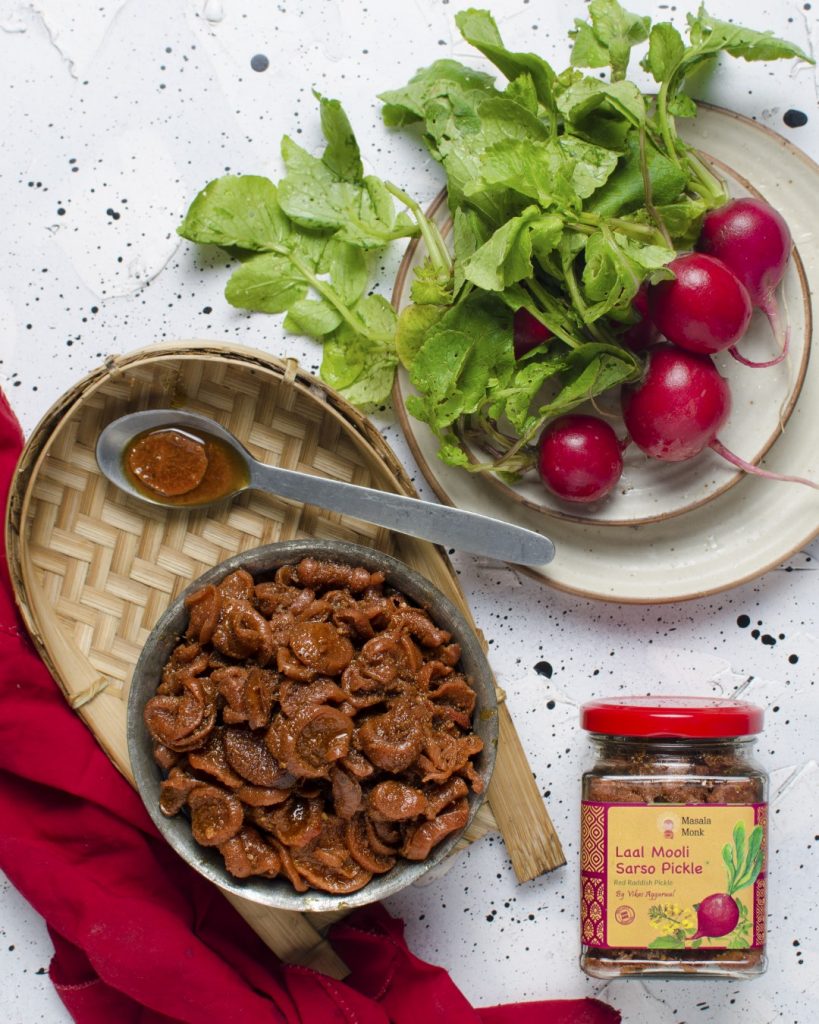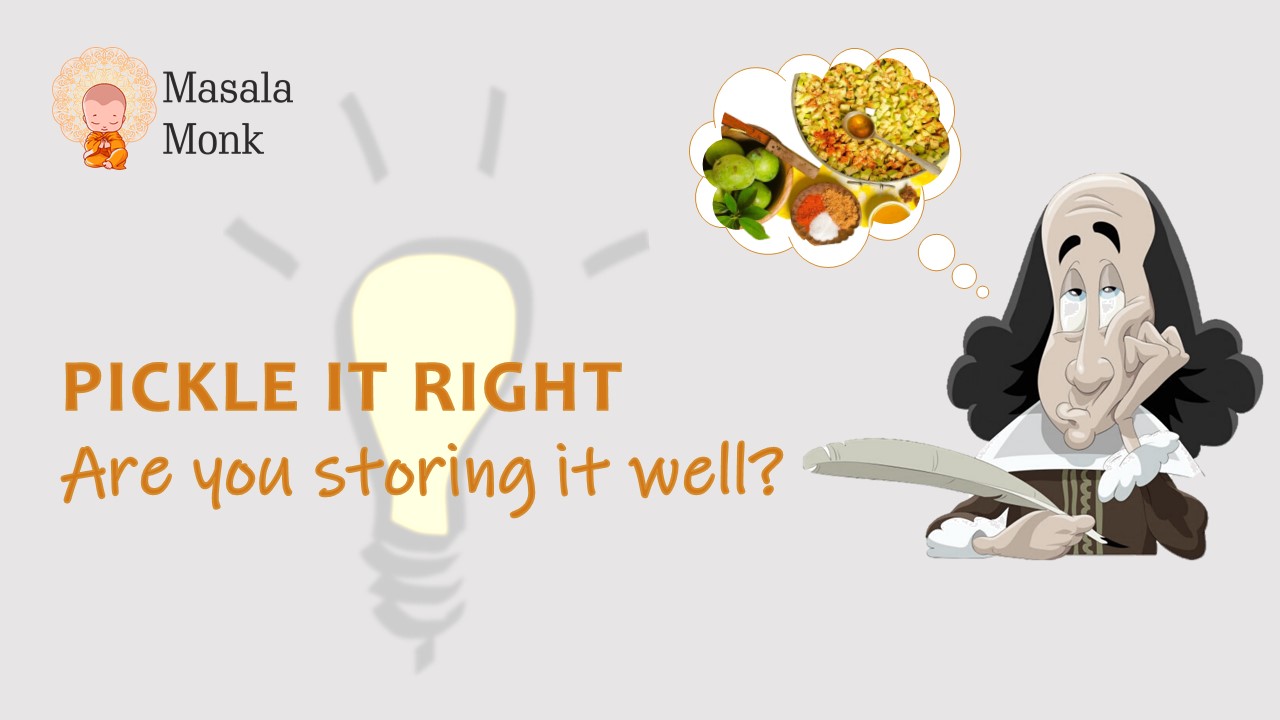
Shakespeare contributed most of the phrases and metaphors to the English literature which is commonly used in our daily life all across the globe. His artistic freedom authorized him to introduce many more idioms and adjectives to the language, just like the roadside Dhabha wala bhaiya loads my plate of Rajma Chawal with chopped onions, green chillies, and a variety of vegetable pickles.
In 16th century, he peppered his plays “The tempest” with a phrase:
TRINCULO:
I have been in such a pickle since I saw you last that,
I fear me, will never out of my bones:
I shall not fear fly-blowing.
I wondered what pickle he was eating that made him pen down this statement and the following conclusion, because I am sure if he had tasted an Indian pickle (Achar), his tide would have turned.
Personally, dreaming about “Achar” fills me with a euphoric feeling. It takes me back to my childhood summer visits to my grandmother’s kitchen, which had lined up big glass jars, filled with mangoes pieces soaked in spices and mustard oil, covered with cotton cloth, and soaked in the bright summer sun. These mango pickles were then packed in airtight jars. A carefully prepared procedure of do’s and don’ts was followed so that these delicious pickles can last as long as possible while retaining its true taste. (And of course, she used to add a ton of love too).


In India, three main types of pickling techniques are practiced. These are preserving in oil, vinegar, or saltwater brine, out of which the oil recipe is most commonly practiced. As these recipes have passed on from generations, so here comes the real question “Are we storing our pickles in the right way?” “Do you think you are the deserving heir of your family pickling techniques?” or “Are you ready to pass your family traditional pickling technique to your kids?”
As most of the ingredients used in Indian pickles are natural preservatives, the amount and ways to use those preservatives play an important role while storing these pickles. Here are some tips straight from my grandmother’s diary which will help you to store your pickle like a pro!
- While using oil as a preservative, you should always dry the fruits, vegetables or berries after slicing so that it releases all its moisture
- Each slice of a pickle should be soaking in oil, which will prevent it from future air contact. You can ensure this by shaking the jar after filling
- Always store your pickle in ceramic or glass jars
- Make sure that your pickle jar is washed, dried, cleaned, and sterilized properly
- Make sure you fill the jar to the brim and leave no space for air
- Before closing the jar lid, place a makhmal/cotton cloth on the jar top. This further soaks any left out moisture inside
- Occasionally, it’s recommended to keep your pickle jars in the sun for a few hours
- Always use a dry stainless steel spoon to mix or to serve
- Always store the jar in a cool and dry place
- In case of pickles preserved in vinegar, avoid using metal lids

As I dig into ancient Egyptian history and English literature, Cleopatra attributed her good looks to a hearty diet of pickles, but not to forget it was not just the good looks that made her the queen of the Nile. She was a great philosopher, mathematician, astronomer and knew a dozen of languages that made her so desirable. Pickle is like Cleopatra. It cannot be defined by just its taste and tanginess, it also carries a ton of healthy bacteria, along with a range of essential minerals & vitamins like B12, which helps in food digestion and provides antioxidants for the body. So why to regret tempting and drooling over a good jar of homemade pickle? Our love for anything in this universe isn’t supposed to be easy. But it should be worth it, so is making, storing & having a tasty pickle.
Before you enter your next pickle binge, do keep in mind that pickles have high levels of sodium and fats. Gorging it can cause an increase in body cholesterol level. So in order to keep enjoying your pickle, “eat your pickle like a pickle so you don’t end in a pickle”.

